Tag
#DLR
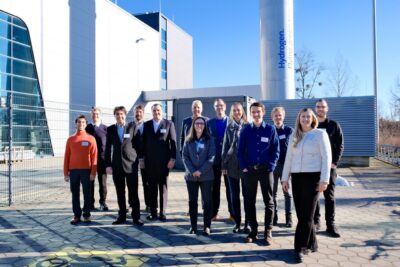
EU partners improve secondary components in fuel cell systems in project ‘BeBoP’
27.02.2025
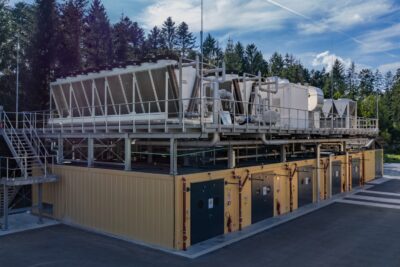
DLR tests hydrogen drives in the megawatt range
01.11.2024

Volocopter air taxi tested by German Aerospace Center
31.08.2024
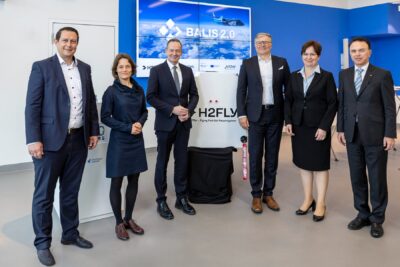
BALIS 2.0 project focusses on fuel cells for aviation
07.05.2024
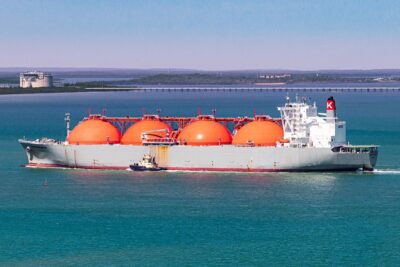
Research project ‘NICOLHy’ to take on large LH2 tanks
20.03.2024
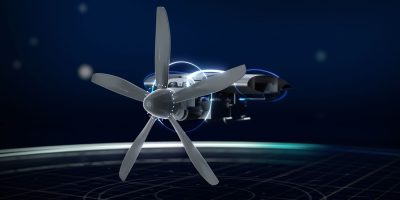
MTU announces plans for fuel cell aircraft
22.06.2023
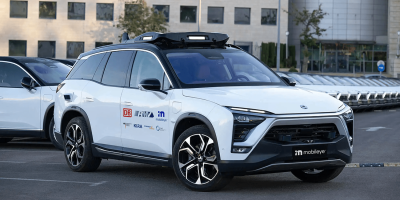
Deutsche Bahn brings autonomous vehicles into public transport
23.02.2023
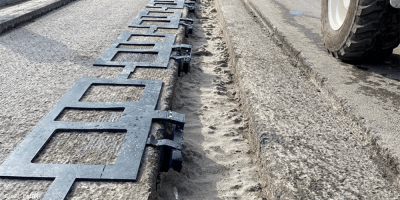
Mobile inductive charging project takes off in Germany
16.12.2022
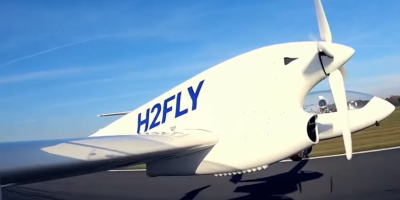
H2FLY to lead HEAVEN hydrogen aviation project
06.12.2022
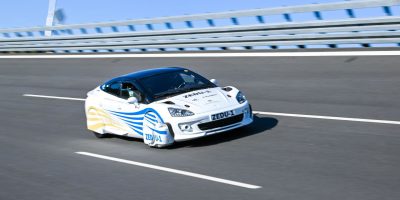
German Aerospace Center & HWA develop cleanest concept yet
01.10.2022
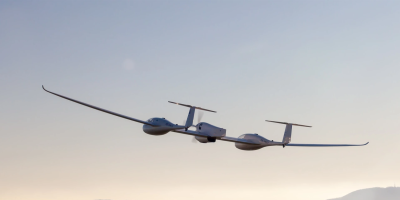
H2FLY is getting ready for hydrogen-powered flight
26.07.2022
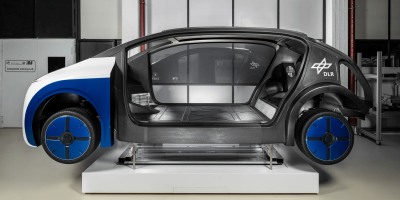
German Aerospace Center presents EV concept
22.03.2022
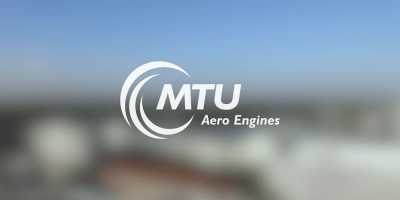
MTU & EASA look to establish FCEV aircraft standards
25.11.2021
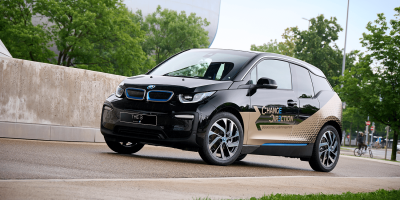
V2G project BDL starts field trial with 50 BMW i3
15.07.2021
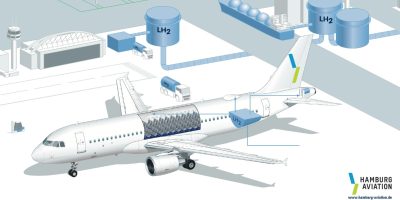
Hydrogen aircraft project takes off in Hamburg
08.07.2021
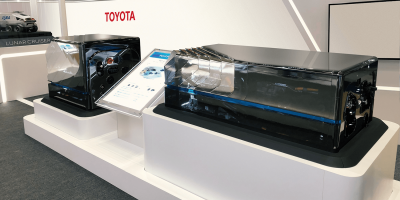
Hydrogen fuel cell rail project takes off in Europe
08.04.2021
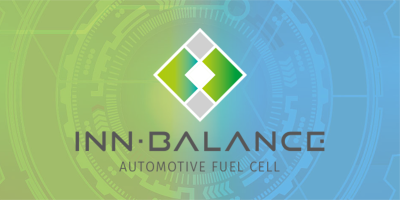
European fuel cell project extended for system testing
03.03.2021

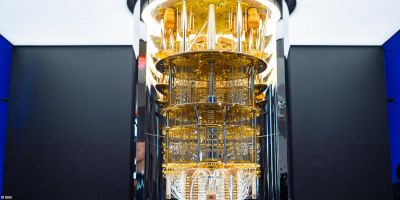
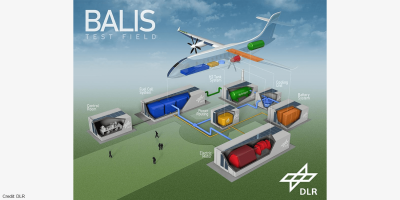
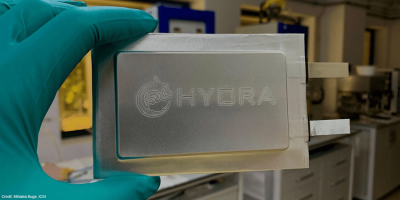
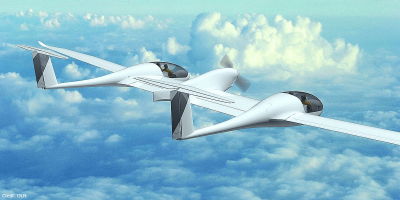
Last commented